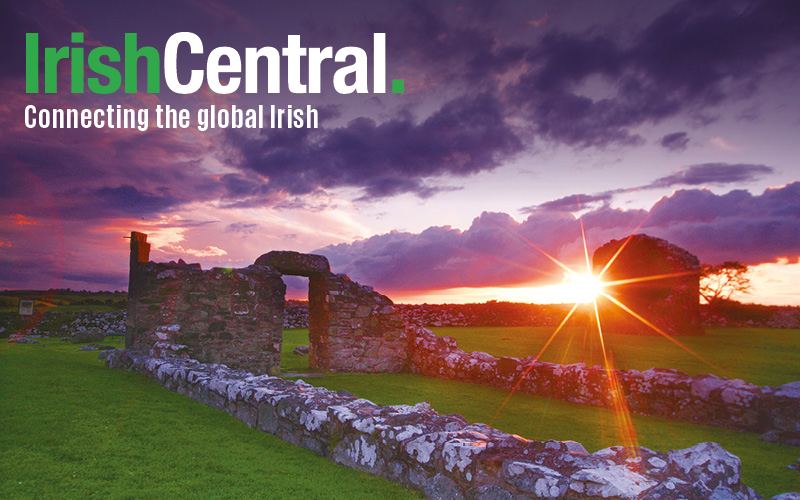The North’s Deputy First Minister Martin McGuinness has denied that he had any involvement in the IRA’s decision to abduct, torture and murder two of the most senior Royal Ulster Constabulary (RUC) Police Officers killed during The Troubles.
McGuinness was responding to allegations made last week by Ian Hurst, a former British intelligence officer, during the Smithwick Tribunal in Dublin. Hurst, who is also known as Martin Ingram, told the court he has inside knowledge of the 1989 terrorist border ambush that left the two police officers dead.
Hurst alleged that McGuinness was in the IRA’s northern command and was involved when it sanctioned the killing of Chief Superintendent Harry Breen and Superintendent Bob Buchanan.
Responding to Hurt’s charges, a spokesman for McGuinness told the Irish Independent, “Martin McGuinness totally rejects these allegations.”
The ongoing inquiry into allegations of collusion between the IRA and the Garda (Irish police) in the Republic was told that the charge against McGuinness came through a high level double agent in the IRA who was working for the British known as Stakeknife.
In his evidence to the inquiry last week, Hurst said he believed up to 60 people would have been involved in the operation. “Basically I mean Cipher 82 (Stakeknife's handler) had information like it was authorized at northern command and McGuinness was involved as operating commander (OC),” the inquiry was told.
McGuinness' spokesman countered that the tribunal has already questioned evidence it has heard from British intelligence.
“This individual who uses a variety of names including Martin Ingram has no credibility. By his own admission he is part of a British security apparatus which played a very negative and malign role in the conflict, including widespread involvement in collusion,” the spokesman said. “His submission to the Tribunal needs to be seen and judged in that context.”
Currently the tribunal is investigating allegations of Garda collusion with regard to the IRA murders of the senior RUC officers on the Irish border in 1989, which occurred minutes after a Garda meeting in Dundalk in the Republic.
Hurst was given permission by the British Ministry of Defense (MOD) to give evidence, but only behind closed doors with redacted transcripts then read into the record. Hurst reportedly worked for the British Army's secret Force Research Unit (FRU) in the North for three years during his career as an Army intelligence officer.




Comments